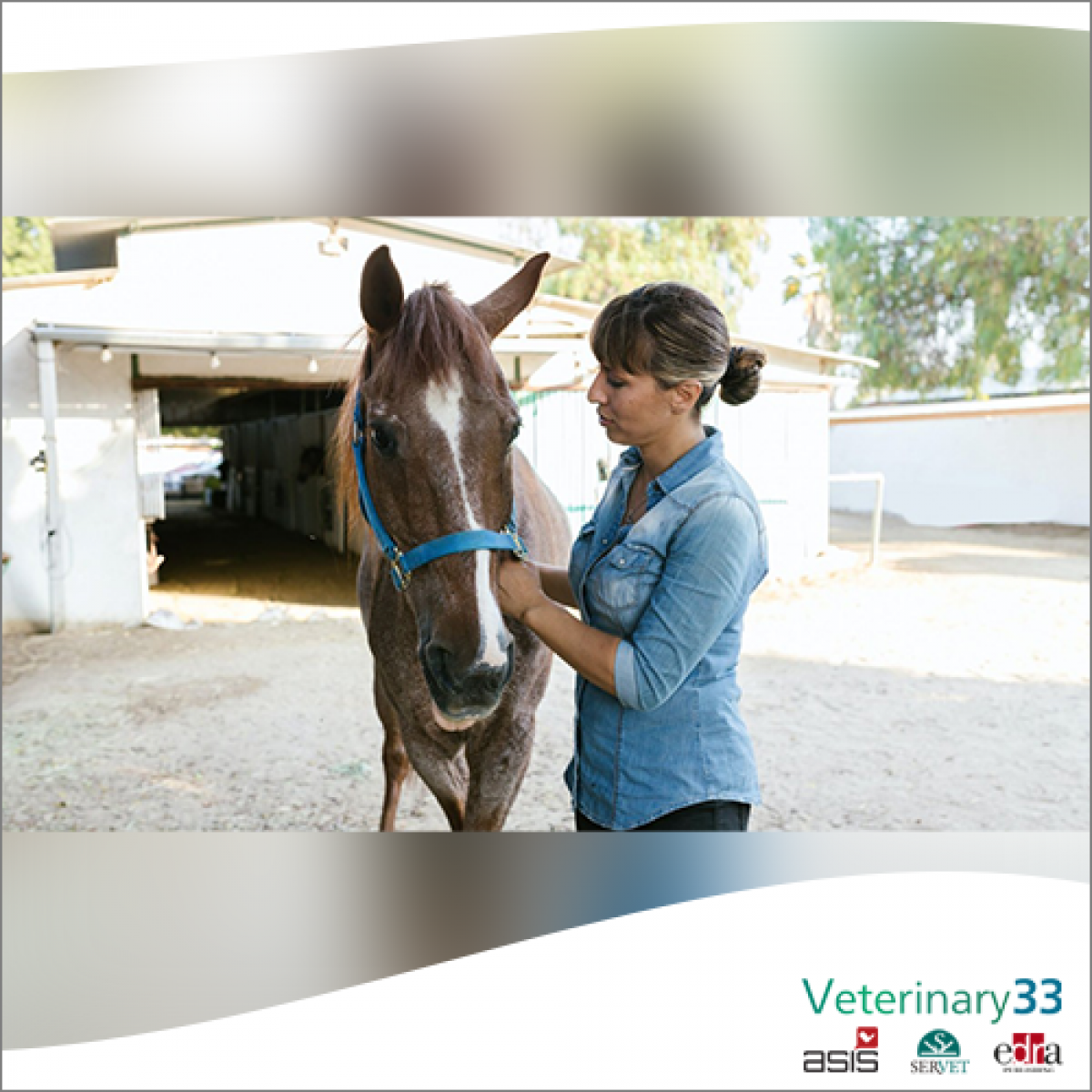Obesity multiplies the risk of developing asthma in horses tenfold
The relationship between these two diseases had never been investigated in this species.
In addition to the long list of reasons why horses should be kept in optimal body condition, a new study shows that obesity is a major risk factor for the development of asthma.
According to researchers at Texas A&M University, overweight horses were 10 times more likely to develop asthma than horses with moderate body weight. Other risk factors such as age, race, gender, diet, and driving were evaluated in the study, but surprisingly none of them were significant.
"The association between obesity and asthma had never been investigated in horses before this study," notes Kathleen Crandell, PhD., A nutritionist at Kentucky Equine Research, highlighting the potential importance of these data.
The study included 37 horses diagnosed with mild to severe asthma based on clinical signs such as cough, exercise intolerance and runny nose. Clinical tests were performed on these horses to confirm the clinical findings. The researchers also included 74 horses as controls. In this study, obesity was defined as a body condition score of 8 or 9.
Obesity promotes a systemic inflammatory state
As explained in the study, obesity is a significant risk factor for asthma in humans, and research in this field has been intensified recently. Obese people reportedly have "more severe disease, persistent airway inflammation, and poorer response to corticosteroid treatment compared to non-obese asthmatics."
While the mechanisms linking obesity and asthma remain unclear in both horses and humans, scientists believe that obese people have an increased systemic inflammatory status and an altered metabolome. Metabolites are the end products of cellular regulatory processes and the metabolome is the total number of metabolites within an organism. Metabolome analysis provides a direct measure of cellular activity and physiological status.
Worse response to treatment
Considering the clinical importance of asthma, poor performance in mild cases, and poor quality of life in severe cases, further research is warranted. Corticosteroids play a key role in the medical treatment of asthma, and if obesity makes asthmatic patients less responsive to these drugs, horses may be left with uncontrolled disease.
"The first step in managing a horse's body weight is for the owner to recognize that their horse is overweight, and studies show that owners often underestimate the body condition score," says Crandell. Therefore, the most recommended option is always to have the advice of the veterinarian to carry out an examination and diagnosis of the patient.












List
Add
Please enter a comment